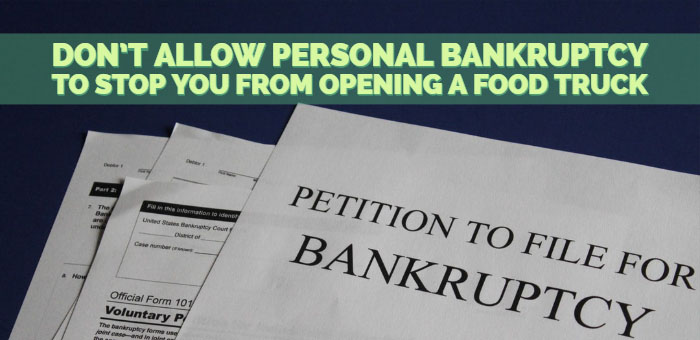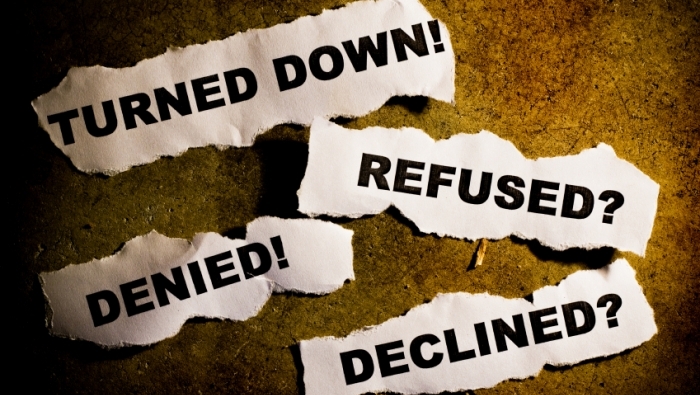Personal bankruptcy is designed to give people a fresh start. This process halts collection activity, pending lawsuits, and relieves people of unsustainable debts. If you’re looking to start a food truck business, the promise of a fresh start may not be fully realized, but that doesn’t mean you can’t or shouldn’t try. Starting a new food truck is absolutely possible. The key to understand is that you’ll just have to work harder.
Don’t Allow Personal Bankruptcy To Stop You
The truth is that no one wants to go through bankruptcy, but it may have been the only way to get out from the mounting debt. Sometimes things in life happen, but you have to be prepared for what comes your way. Help yourself plan for your future food truck business with the the following tips.
Speak With A Bankruptcy Attorney
If you have filed for bankruptcy, you should always consult with a qualified bankruptcy attorney before you begin planning your new food truck business. Bankruptcy laws vary from state to state. Play it safe and hire an attorney that works in your own state to be sure that you have followed the correct laws.
An experienced bankruptcy lawyer can help advise you on how best to proceed with your new mobile food business.
Repair Your Credit
The primary issue you’ll run into will be getting credit to make major purchases. Historically, personal bankruptcy shows on credit reports for 7 to 10 years and lowers your credit score. Creditors have access to this information, this will certainly affect the amount they will lend.
If your recent bankruptcy experience included a personal bankruptcy, you’ll need to pay particular attention to how it has impacted your personal credit score. Check with all three major credit reporting bureaus (TransUnion, Equifax, and Experian) and make sure your bankruptcy is accurately reflected on your credit reports.
No one wants a personal bankruptcy on their credit report, but it won’t be there forever. When it comes to your credit reports, make sure the information is correct.
RELATED: Repair Your Credit Score Now With These Simple Tips
Consider Financing Alternatives
There are several workarounds when you’re unable to qualify for financing:
- Draw up a convincing business plan and approach private investors and venture capitalists.
- Join forces with a partner who has good credit.
- Apply for start-up grants and loans offered by your local community.
Moving Forward
Once you can afford to start your new mobile food business, there are several steps you should consider taking:
- If you liquidated a prior business in bankruptcy, you’ll need to create a new tax identification numbers for your new food truck.
- Keep good records so you can show how well you’re managing the money and paying off any financing you do get. This will help when you ask for more financing.
Negotiating Vendor Contracts
If you’re building new supplier relationships from scratch, start with smaller vendors first. Even if they check your credit history and see a past bankruptcy, a fellow small business owner will be more likely to empathize with your situation and give you a chance.
Once you have some suppliers on board, make sure they report your status to the credit bureaus. Over time this new, good credit will start to rekindle your credit rating, helping your food truck become eligible for other types of financing.
The Bottom Line
Going through a personal bankruptcy may feel like a failure. But in many ways, it provides you an opportunity to turn over a new leaf. You have the ability to replace your past negative credit history by building a reputation of strong financial management in your new food truck business.
Have you dealt with a personal bankruptcy before starting your food truck? What additional advice do you have for prospective vendors trying to do the same? Share your thoughts on this topic in the comment section or social media. Facebook | Twitter




